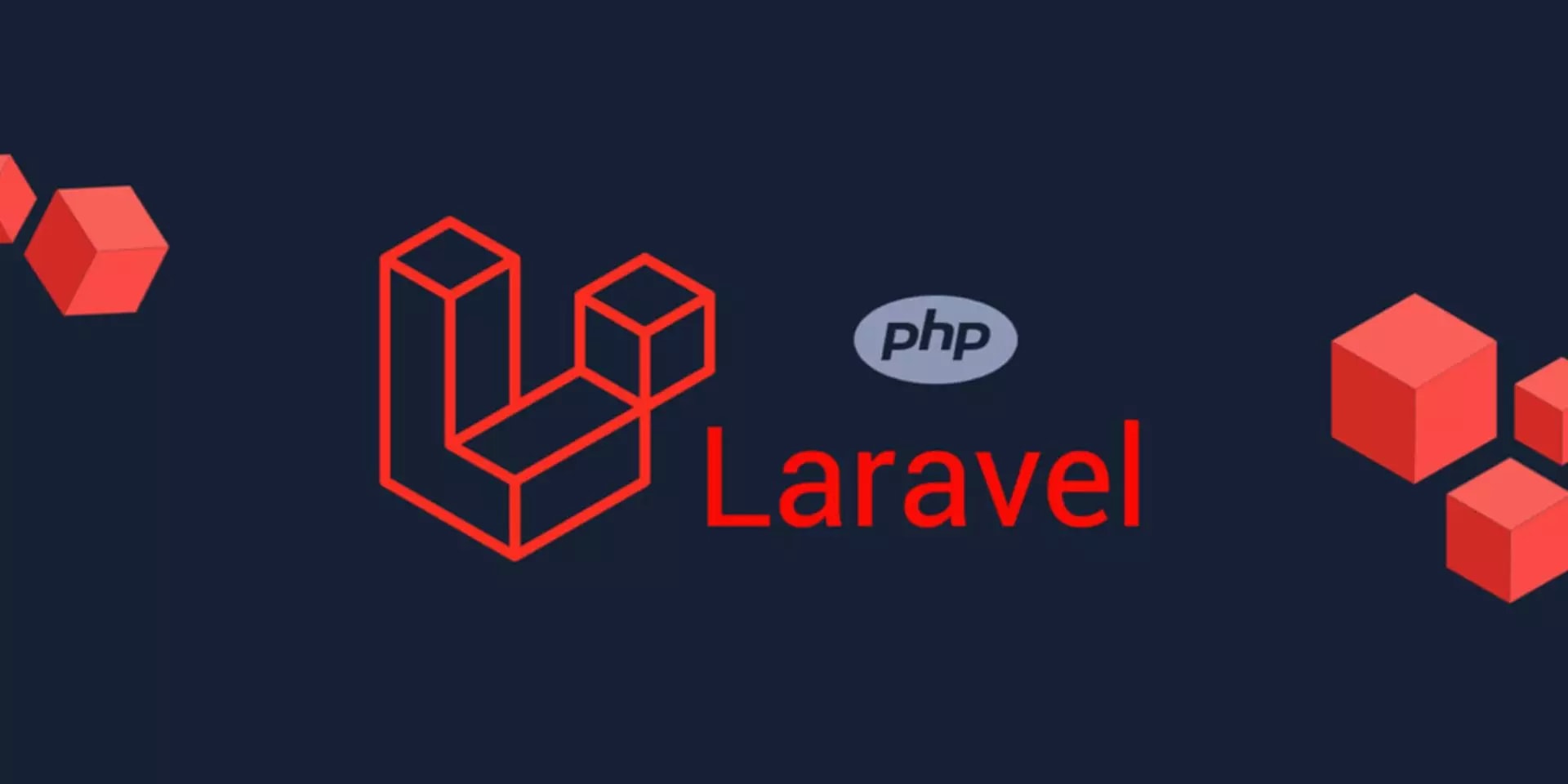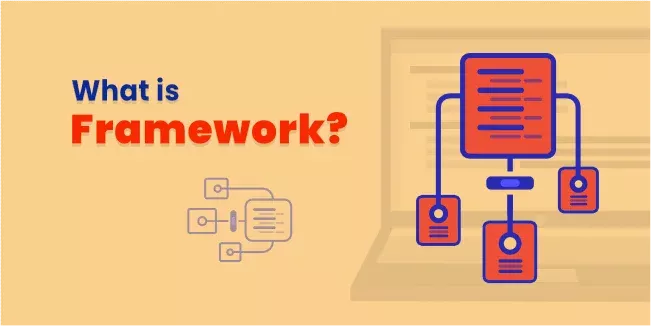A Comprehensive Guide to Laravel: The PHP Framework for Modern Web Development
Laravel is a powerful and elegant PHP framework that simplifies the development of modern web applications. Known for its expressive syntax and robust features, Laravel has gained widespread popularity among developers for building high-performance applications. In this blog post, we will explore the core features of Laravel, its advantages, and why it's a top choice for developers.
What is Laravel?
Laravel is an open-source PHP framework designed for web application development. Created by Taylor Otwell in 2011, Laravel focuses on providing an enjoyable and efficient development experience by following the Model-View-Controller (MVC) architecture. The framework comes with various pre-built modules and tools to help developers build scalable and maintainable applications. Laravel aims to reduce the complexity of web development by offering simple syntax and powerful functionality.
Key Features of Laravel
Laravel comes with a wide array of features that set it apart from other PHP frameworks. Let’s take a look at some of its most notable attributes:
1. MVC Architecture
Laravel follows the MVC pattern, which separates application logic, user interface, and data models. This ensures that your application remains organized, scalable, and easy to maintain.
2. Eloquent ORM (Object-Relational Mapping)
Eloquent is Laravel’s built-in ORM, making it easy to interact with databases using PHP syntax rather than writing complex SQL queries. With Eloquent, you can define models and relationships between tables, which improves the readability and maintainability of your code.
3. Routing System
Laravel's routing system allows developers to define routes that handle different HTTP requests. With simple syntax, it’s easy to manage URLs and map them to controller actions. Additionally, the routing system supports route grouping, middleware, and route model binding, making it flexible and highly customizable.
4. Blade Templating Engine
Laravel includes Blade, a simple yet powerful templating engine. Blade allows you to create reusable templates and components, making it easier to manage views and layouts. It also supports template inheritance, which helps in building maintainable and modular views.
5. Artisan Command-Line Interface (CLI)
Artisan is Laravel’s built-in command-line tool that automates various tasks, such as database migrations, running tests, and managing application environments. It provides an array of helpful commands to simplify development workflows and save time.
6. Security
Laravel provides various features to help developers build secure applications. It includes protection against SQL injection, cross-site request forgery (CSRF), cross-site scripting (XSS), and more. It also includes a secure password hashing mechanism, ensuring that user credentials are safely stored.
7. Database Migrations and Seeding
Laravel makes it easy to manage and version your database schema using migrations. Migrations allow you to keep track of changes to your database structure over time, and seeding allows you to populate your database with sample data during development.
8. Task Scheduling
Laravel’s task scheduling feature allows you to automate repetitive tasks, such as sending emails or generating reports. You can define scheduled tasks using simple, fluent syntax and Laravel will execute them at specified intervals.
Advantages of Using Laravel
1. Ease of Learning
One of the main reasons developers choose Laravel is its easy learning curve. The framework’s documentation is extensive and well-organized, providing all the resources you need to get started. Moreover, Laravel’s syntax is elegant and expressive, making it beginner-friendly for developers familiar with PHP.
2. Large Community and Ecosystem
Laravel boasts an active community of developers and enthusiasts who contribute to the framework’s growth. This community provides an abundance of tutorials, packages, and third-party tools to help you build applications faster. Furthermore, Laravel’s ecosystem includes tools such as Laravel Forge (for server management), Laravel Envoyer (for deployment), and Laravel Nova (for administration panels).
3. Scalability
Laravel is designed to handle applications of any size. Whether you're building a small application or a large enterprise-level system, Laravel provides the flexibility and performance you need. It supports horizontal scaling and load balancing, allowing applications to grow seamlessly.
4. Testing
Laravel comes with built-in support for automated testing. It integrates with PHPUnit, a popular testing framework, and allows developers to write unit tests, feature tests, and browser tests. This makes it easier to ensure the reliability of your application.
5. Robust Ecosystem
Laravel's ecosystem of tools, packages, and services enables developers to enhance the functionality of their applications without reinventing the wheel. With tools like Laravel Mix (for asset compilation), Laravel Passport (for API authentication), and Laravel Horizon (for queue monitoring), you can extend the capabilities of Laravel to meet your specific needs.
Why Choose Laravel?
Laravel is one of the most popular PHP frameworks due to its combination of elegance, simplicity, and functionality. It empowers developers to quickly build feature-rich applications without compromising on performance or maintainability. Whether you're working on a small web app or a large-scale enterprise solution, Laravel's modularity, extensive features, and community support make it an excellent choice.
For developers looking for a PHP framework that can help them build modern, high-quality applications with minimal effort, Laravel is the framework to choose. Its ease of use, security features, and large ecosystem of tools ensure that it remains a top contender in the world of PHP development.
Conclusion
Laravel is more than just a PHP framework; it's a development ecosystem that makes building web applications faster and more enjoyable. With its rich set of features and tools, Laravel is a strong choice for anyone looking to develop scalable and secure web applications. By leveraging the power of Laravel, developers can focus on delivering high-quality software without getting bogged down by repetitive tasks or complex configurations.





0 Comments
No comments yet. Be the first to comment!